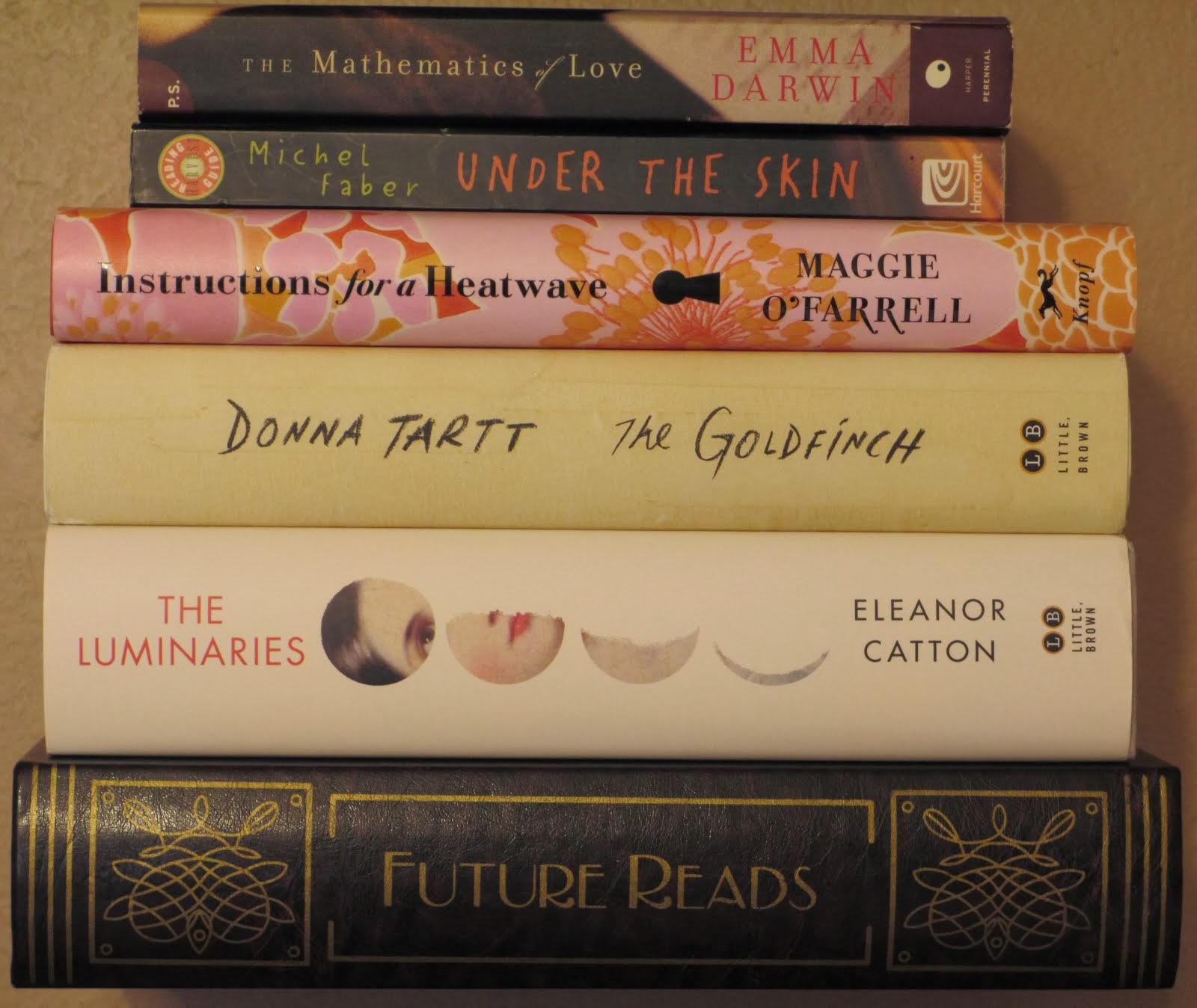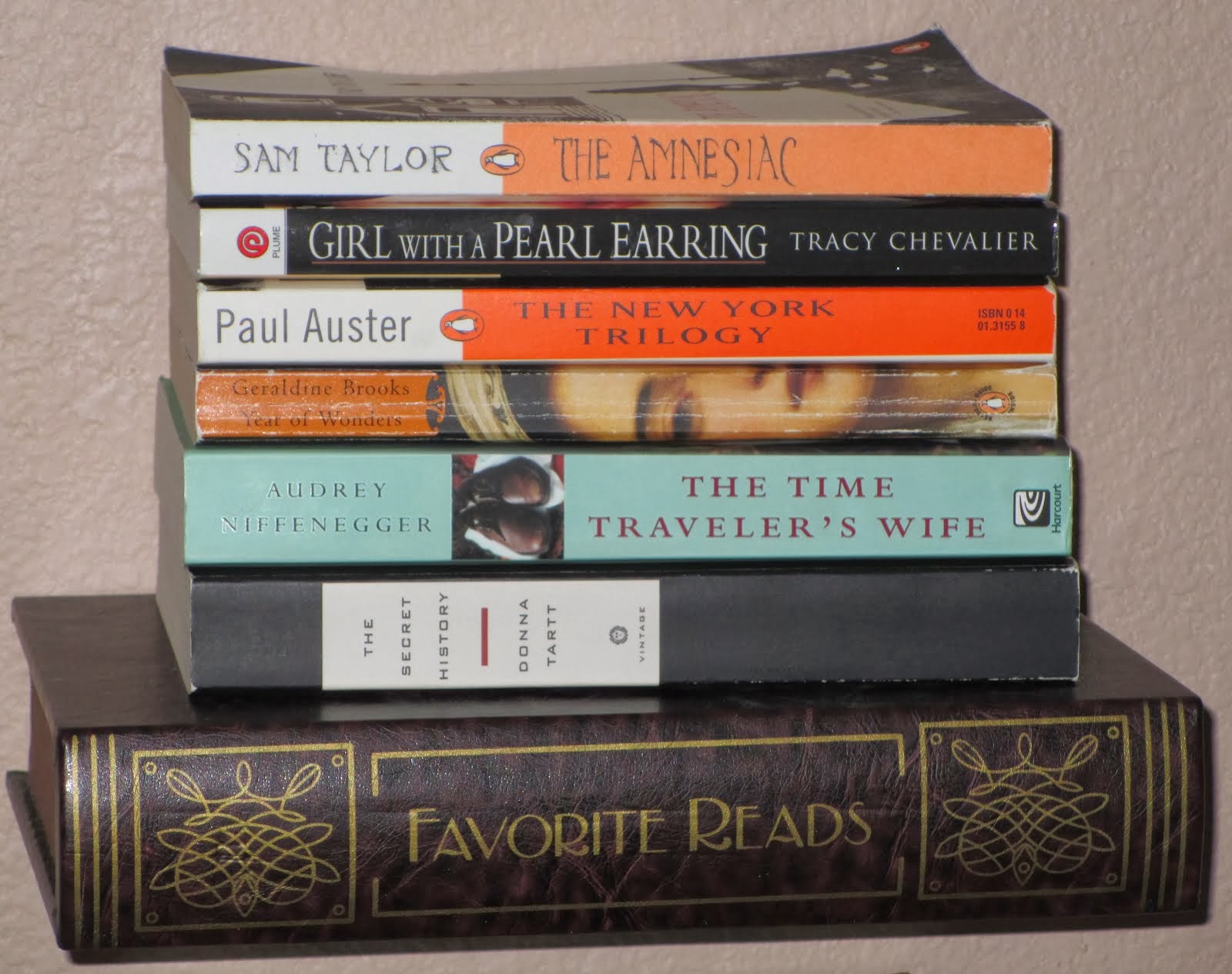 This is the second book in the "Yashim the Eunuch" series. It was a good read, and I think I may have enjoyed it a little more than The Janissary Tree, if only because I had a better idea of what to expect. In comparing the stories, however, I think The Janissary Tree has a more cohesive plot. In fact, I only finished The Snake Stone yesterday and already I can't remember why George the vegetable seller was beaten half to death in the first few pages, or why Xani the water man was killed. Maybe I didn't pay enough attention. Maybe I wasn't interested enough to pay enough attention.
This is the second book in the "Yashim the Eunuch" series. It was a good read, and I think I may have enjoyed it a little more than The Janissary Tree, if only because I had a better idea of what to expect. In comparing the stories, however, I think The Janissary Tree has a more cohesive plot. In fact, I only finished The Snake Stone yesterday and already I can't remember why George the vegetable seller was beaten half to death in the first few pages, or why Xani the water man was killed. Maybe I didn't pay enough attention. Maybe I wasn't interested enough to pay enough attention.Right or wrong, I tend to compare all murder mysteries to those of Agatha Christie. Her stories never fail to engage me, and generally keep me guessing until the very end by casting suspicion on just about every character in the book. If I look at Jason Goodwin's two Yashim novels as pure murder mysteries, they don't measure up on my Agatha Christie scale. One reason may be that in both of these Yashim books the murders all seem to be politically motivated rather than for personal gain or revenge. This keeps me at arms' length, making it difficult to invest myself in the story.
However, these are not pure murder mysteries. The treasure in these books lies with the vivid descriptions of Istanbul which involve all my senses. I still don't have much of an urge to visit that city, partly because I assume it has changed a lot since the setting of this book and partly because I think of it about the same way as I think of Africa: I would relish looking at a good coffee table book full of beautiful photos of the place, but I have no desire to go there in real life. But this attitude didn't keep me from enjoying reading about 19th century Istanbul. I just wish Goodwin had taken it one step further--I would love it if these books gave an actual recipe for each of the meals Yashim cooked and delighted in, rather than just giving me an enticing hint by tossing out a mouthwatering combination of ingredients.




















